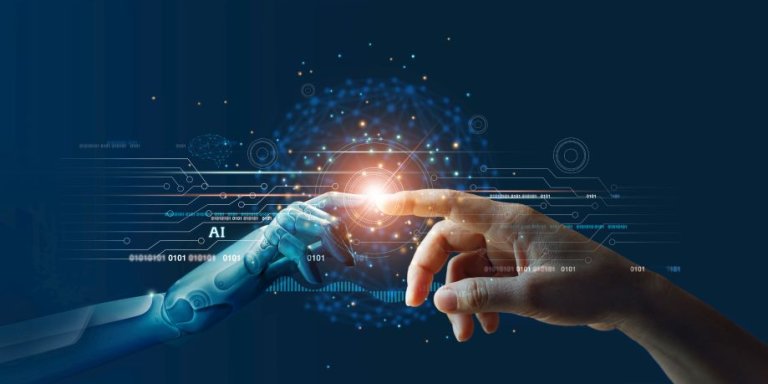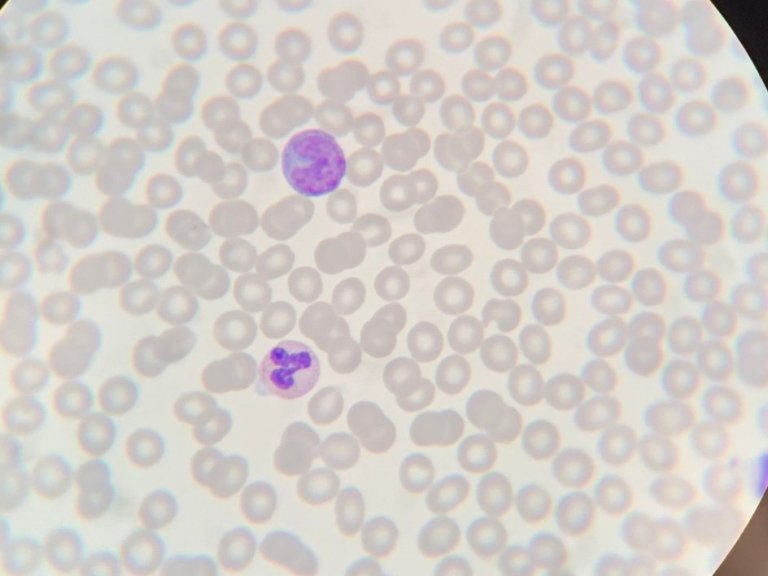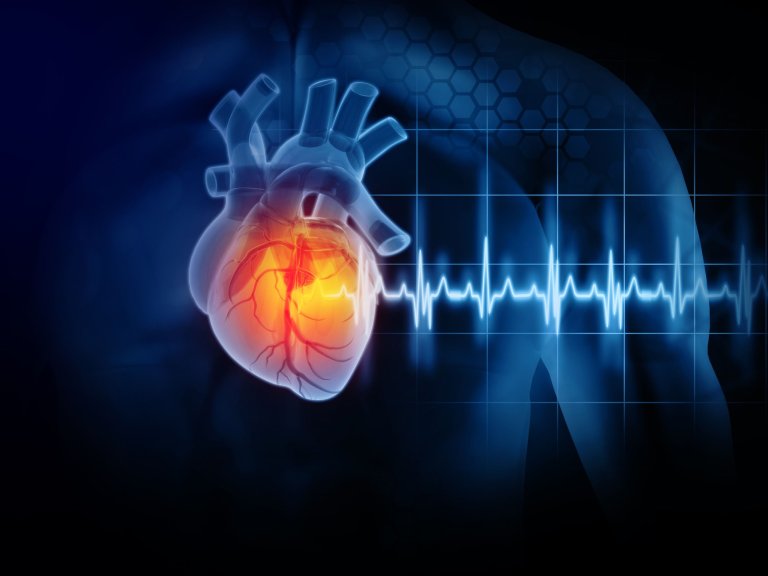Researchers in Amsterdam, Utrecht, Belgium and Germany discovered the possibility of using artificial intelligence (AI) to better assess whether rejection has occurred after kidney transplantation.
The results of the research by the DEEPGRAFT consortium, a collaboration between Amsterdam UMC, UMC Utrecht, RWTH Aachen in Germany and KU Leuven in Belgium, were published by The Lancet Digital Health medical journal. Researchers sought out to analyse the use of deep learning to rate the function of a donor kidney, as a way to eventually tackle the shortage of donor organs.
Reduce difference between specialists
Jesper Kers, a pathologist at Amsterdam UMC, said: “We have developed an algorithm, a complicated mathematical formula, that has been trained on more than 5,800 scans of kidney biopsies. It is the first time in the world that it has been possible to directly demonstrate the presence of repulsion. It is very important to be able to support pathologists in the future in their diagnosis for patients. And to reduce the difference between specialists.”
The algorithm provides visual feedback to indicate which areas in the kidney biopsy are abnormal. This allows the pathologist to further confirm a diagnosis. Kers added: "We are now working on a further refinement of the algorithm so that a distinction can be made between, for example, the different subtypes of rejection and the presence of viral infections such as the BK virus."
AI innovation in Amsterdam
The Amsterdam Area is quickly establishing itself as the European hub for AI technology. Companies, universities, research centerses and public institutions form a dense AI ecosystem, packed with expertise dedicated to improving quality of life and boost the city’s already thriving sectors such as life sciences and health. Recently, researchers at CWI (Dutch National reseach institute for mathmatics and computer science) developed an AI algorithm to improve detection of heart defects.
Amsterdam UMC is part of the public-private collaboration AI Technology for People, backed by the City of Amsterdam, which encourages the application of human-centred AI technology that positively impacts society and citizens.
Source original article: I Amsterdam - Amsterdam Business, published with permission https://www.iamsterdam.com/en/business/news-and-insights/news/2021/amsterdam-umc-researchers-develop-world-first-ai-algorithm-that-detects-donor-kidney-rejection
Together with the City of Amsterdam, research and medical centers, universities and knowledge institutions, Amsterdam UMC is committed to making the Amsterdam region a leader in the knowledge and development of AI technologies. This Amsterdam coalition, AI Technology for People, will invest 1 billion Euros over the next 10 years in pioneering research programs, attracting top talent, and developing and supporting startups and spin-offs




